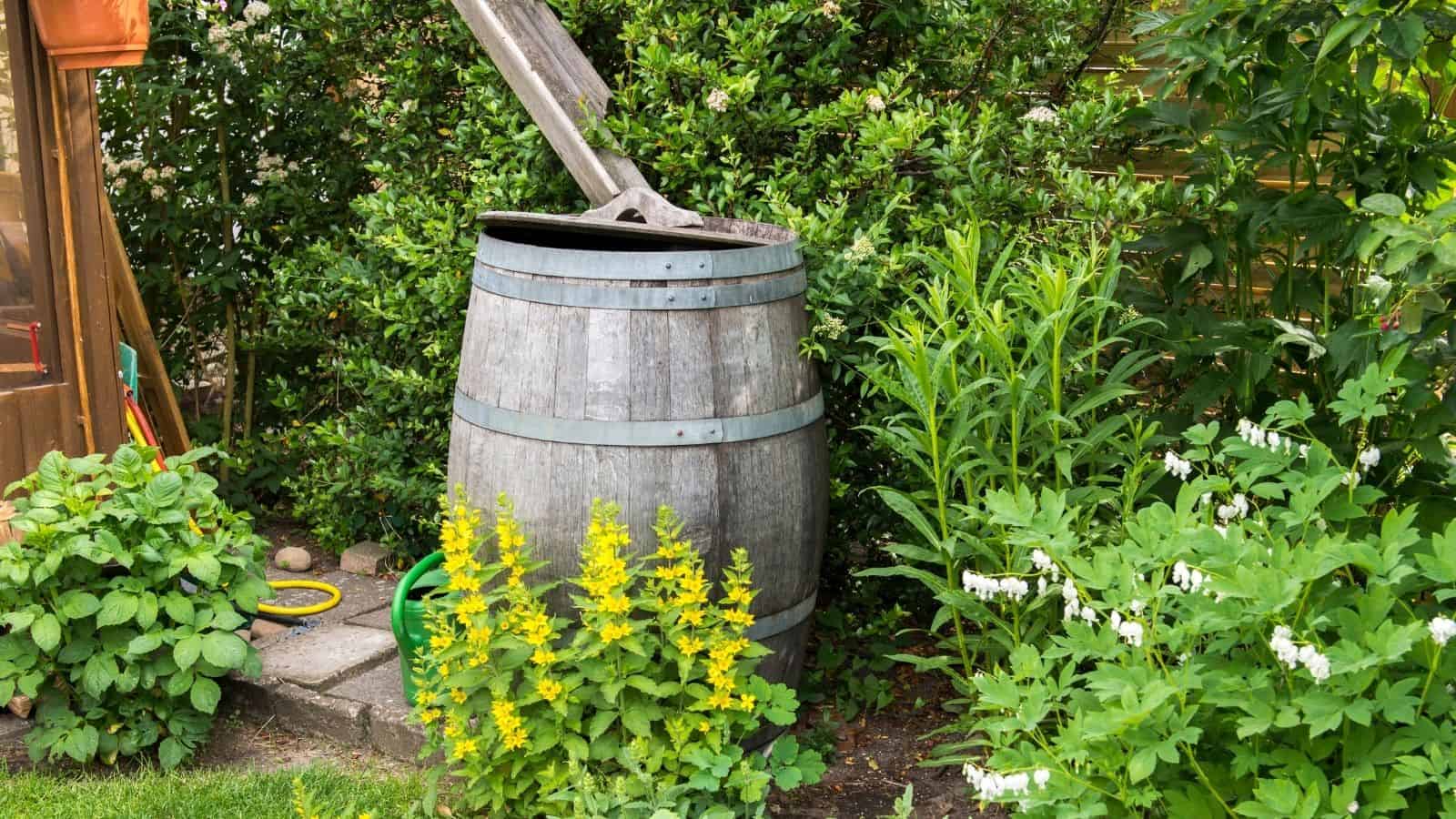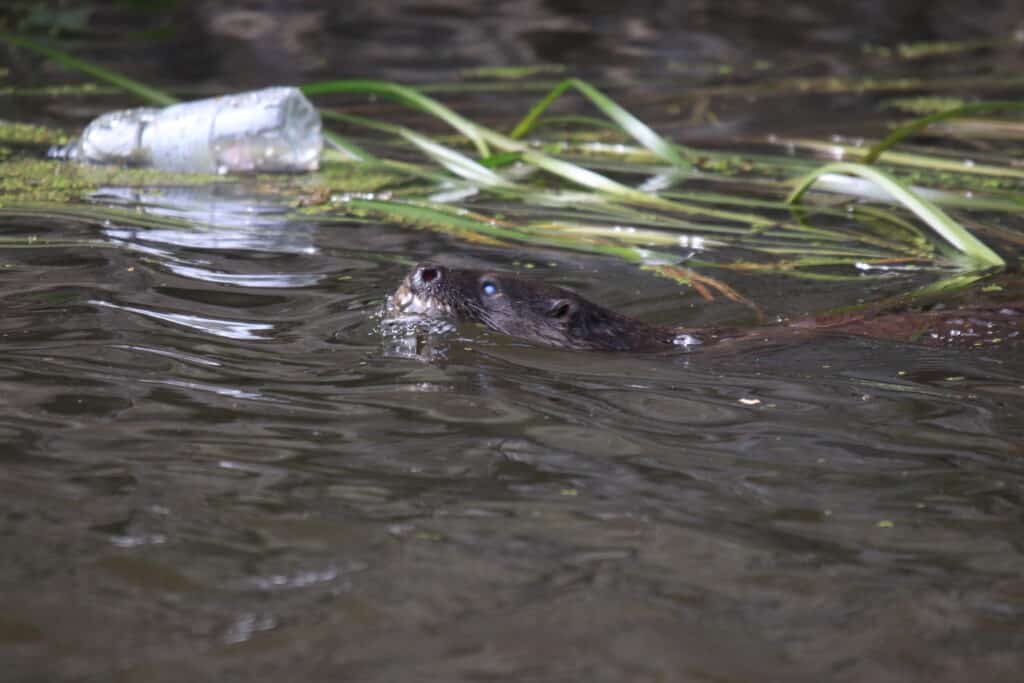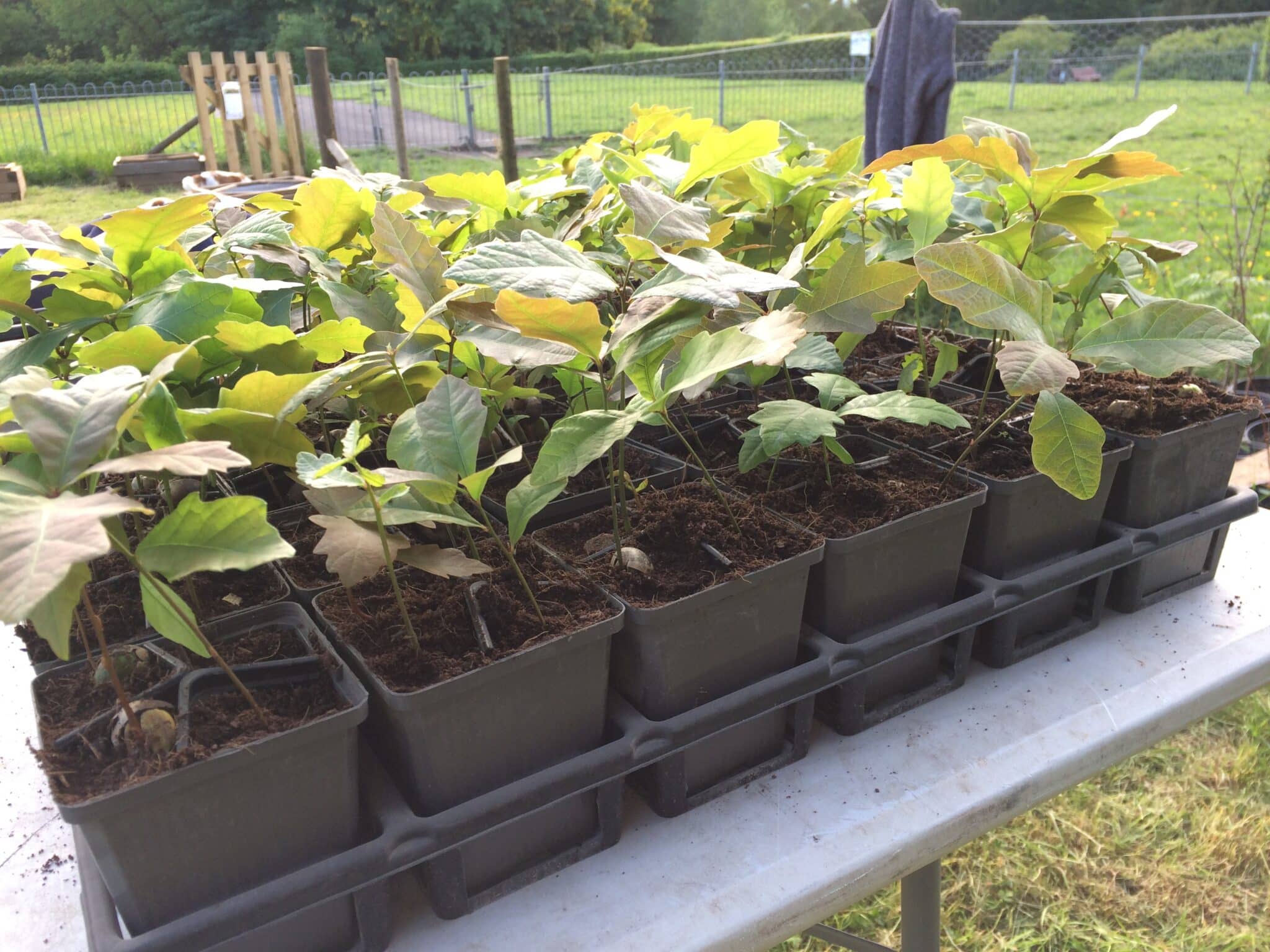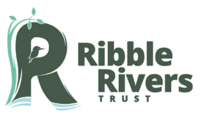
water friendly homes
better water quality locally
Living in water friendly homes doesn’t have to mean skipping showers, smelly clothes, and drooping houseplants. Small changes can make a big difference. Once you’ve realized how easy it is, you can build on it!
Water friendly homes is all about better water quality locally, which means that rivers and streams can support a greater variety and abundance of wildlife. The cleaner the water, the more pollution sensitive invertebrates (or river insects/bugs/critters) can survive. More invertebrates can provide more food for fish and birds, who will then provide food for larger birds and mammals. Like all ecosystem’s rivers exist in a careful balance, the cleaner and more natural they are the better the balance.
Cleaner rivers are also much more attractive. If you are lucky enough to live near a brook, stream, or river, then you know that the cleaner the water is, the nicer it is to live near.
5 minute fixes for water friendly homes
These are small changes that can make a big difference. In fact, some of these changes will literally take you seconds to implement.
Put your pet waste in it’s place. You should always bag and bin your dog poo, and not just because it’s unpleasant. Waste left on the streets can end up down drains or in rivers. Plus, if you don’t want to pick it up, it’s not fair to expect someone else to look at it!
Carefully wash your car. Washing your car releases chemicals, rubber, and hydrocarbons which gather on your cars surfaces, underside, and tires. So always wash your car in a car wash, or over grass or gravel.
Only rain down the drain. Many drains lead directly to your local streams and rivers so never pour unwanted paint, chemicals, or oils down drains or roadside surface water drains.

Take a shorter shower. Showers generally use at least 10 litres of water a minute, and the fancier your shower, the more water it will use. So, try and knock a minute or two off your shower time. This will save you money on your gas bill too!
Turn off the tap to brush your teeth. This is something we can all do. In those two minutes you could save around 15 liters of water. That’s 240 liters for a family of four brushing twice a day!
The 3ps. Only the three pees (pee, poo, and paper) should be going down the toilet. Never flush nappies, wipes, or period products down the toilet. They can cause blockages in your home and sewers, and can enter your local rivers in high rainfall events.
Water friendly gardens
Go pesticide free. Things like slug pellets and weed killers need to be used with caution or, even better, not at all. This is because they can effect other animals like bees and frogs, but if they entre the water they could kill of river plants and animals too.
Get a water butt. By collecting water you’ll save tap water and, if you’re on a water meter, you’ll save money too. It’ll also stop excess water flooding your garden, allowing you to release it later on whenever your plants need a drink.
Let the grass grow. If you’re a fan of a precisely manicured lawn I might be time to relax your standards! Longer grass retains more moisture, so it won’t need as much watering and is more likely to survive the hot summer weather. It’s better for bugs too.
Water plants when it’s cool. Hotter weather means faster evaporation, so it makes sense to wait until it’s cool to water your garden. Check your soil before you water too, it might only be the top couple of centimetres of soil that are dry.
Don’t throw grass cuttings in rivers. This is really important. You might think that they’ll float away, but it’s pretty unlikely. In actual fact they’ll probably rot and cause a huge spike in nutrients, killing off river life.

Long term actions and jobs for a weekend
Misconnections. Your bath, shower, sinks, washing machine, and dishwasher should all be connected to the foul sewer, not the surface water drain. If any of them are connected to a surface water drain then the waste water might be flowing into your local river. Misconnections are illegal and you are responsible for putting it right.
Treat your septic tank right. Have it emptied and serviced regularly and always use septic tank and bacteria friendly products which help keep your septic tank working. Follow the 3Ps, never pour oils and fats down the sink, and make sure your rainwater isn’t draining into the tank. Septic tanks shouldn’t smell, if yours does it’s time to call in the experts!
Fit water saving devices. Depending on your water company you could even get water saving devices, like tap aerators and cistern bags, for free. The Get Water Fit website can help identify which devices you could be eligible for. You can also find other useful advice and guidance from your water company. If you live in the North West that’s likely to be United Utilities.
You can also read our Water Friendly Homes guide for further information, visit unitedutilities.com for information on misconnections, or visit waterwise.org.uk for water saving advice.

